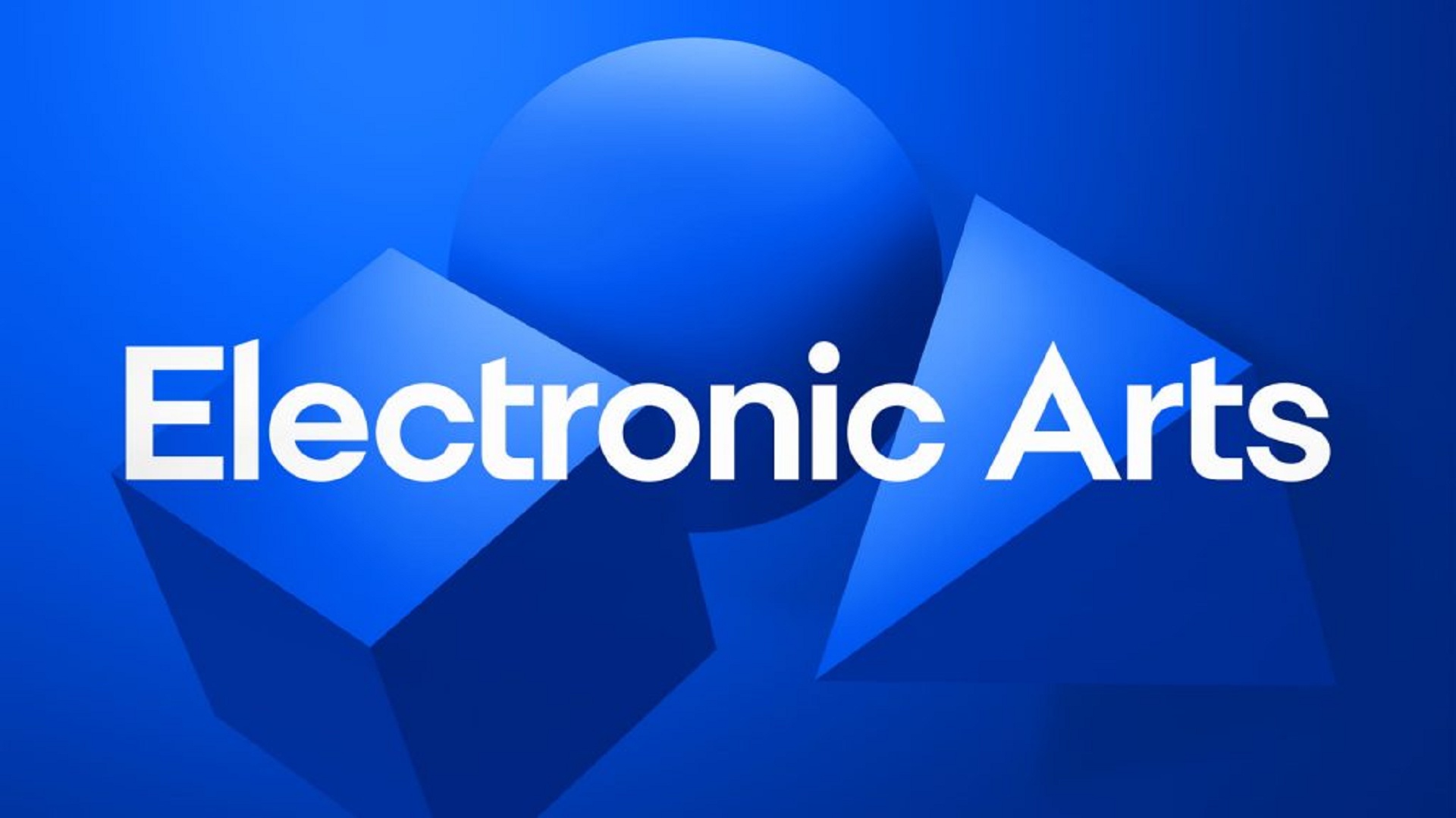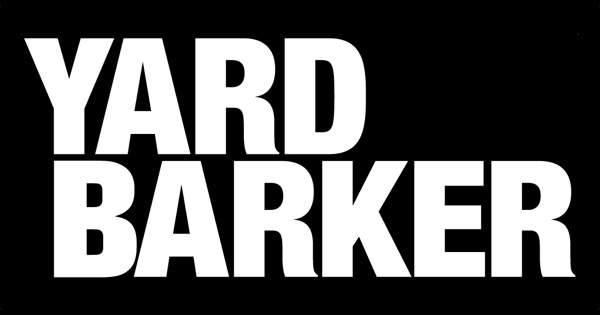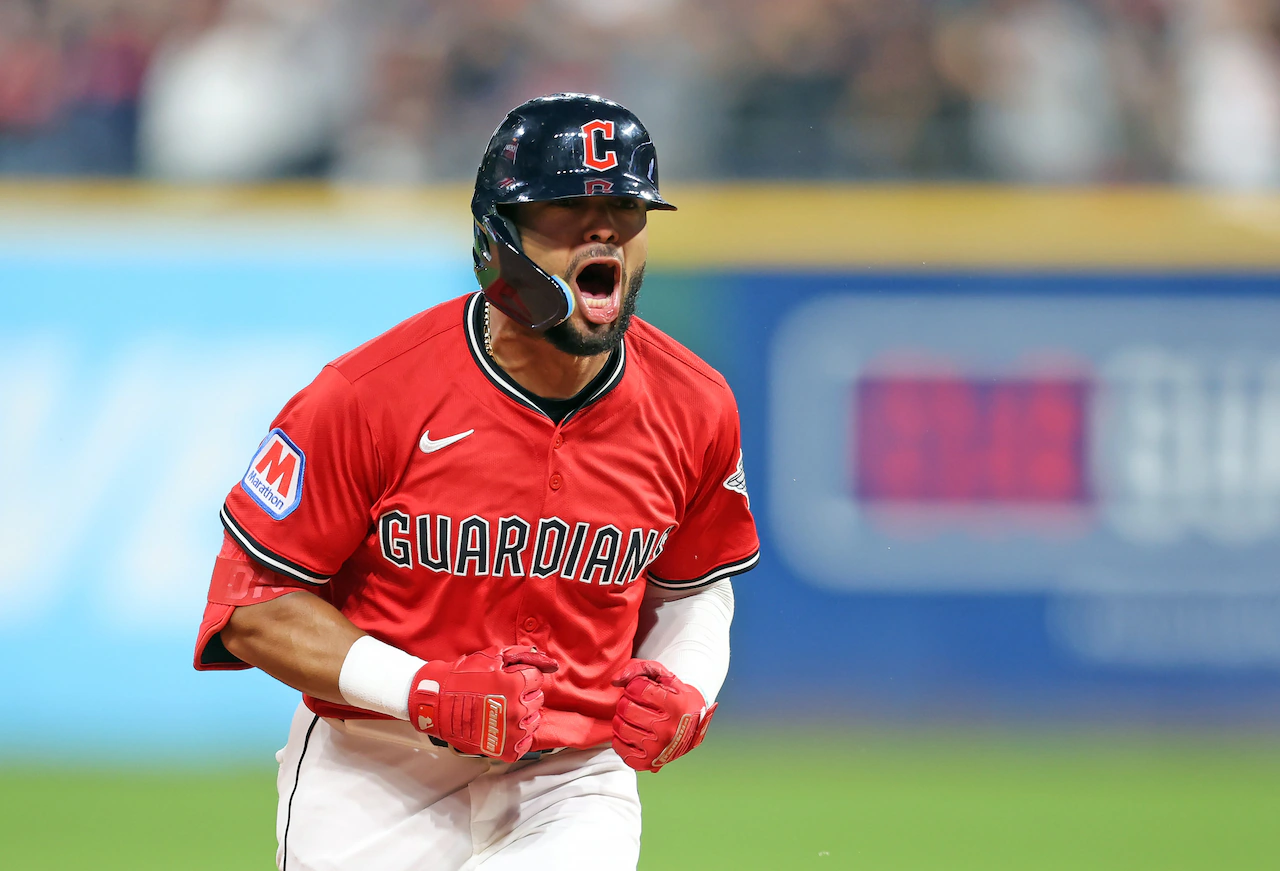By Asif Khan
Copyright shacknews

Reports of a $50 billion leveraged buyout deal to take Electronic Arts private surfaced late last week, and the company confirmed the news today, but many gamers seem to be confused as to what this all means for the future of some of their favorite video game franchises. This ariticle contains the important information to help readers understand what a leveraged buyout deal really entails and what it means for EA to go private.
What is a leveraged buyout (LBO) deal?
A leveraged buyout is when a company is acquired by one or more companies using borrowed funds to finance the purchase. This is executed by securing loans or issuing debt obligations like bonds to complete the deal. Many times, the issued debt uses the assets of the acquired company or acquirer as collateral. This allows the acquirers to maintain their own money while leveraging up the acquired company’s balance sheet with debt that is expected to be paid down by its existing cash flows or asset sales.
What does it mean for a company to go private?
A company “going private” means that it was already a publicly traded company on a stock market exchange. Tender offers, private equity buyouts, and management buyouts are the three common ways this type of deal is executed.
Private equity buyout
A private equity buyout is when a publicly traded company is bought by a private company.
This type of deal is typically executed in conjunction with a leveraged buyout as described above.
The motivation of the acquirer is usually to create efficiencies through cost-cutting measures to increase the value of the company and then ultimately flip it to another acquirer or bring it back as a publicly traded company via an initial public offering (IPO) down the road.
An example of a relatively recent private equity buyout of a public company is when Keurig Green Mountain was acquired by JAB Holding Company in 2015.
Tender offer
A tender offer is when a company or individual makes a public offer to acquire all or most of a publicly traded company’s shares.
Tender offers can be executed by another publicly traded company, so they do not always lead to the acquired company going private.
An example of a tender offer that took a publicly traded company private is when Elon Musk acquired Twitter for $44 billion in April 2022.
Management buyout
A management buyout is similar to a private equity buyout, but it is executed by the acquired company’s own management team. These people are also known as insiders.
A recent example of a managament buyout is when Michael Dell took Dell private in 2018.
Priivate companies are not subject to the same level of scrutiny as publicly traded companies. Companies with stocks listed on the market have to disclose financial results to the public, while private companies can operate in the shadows. Some argue that going private allows for companies to operate with a long-term focus, but many times these deals are designed to make a quick buck.
What does this leveraged buyout deal mean for the future of EA?
Many gamers are asking what the news of this $55 billion leveraged buyout deal for EA to go private will mean for the company. The investment group consisting of Saudi Arabia’s Public Investment Fund, Silver Lake, and Affinty Partners is going to want a return on its investment, and that puts Electronic Arts on a less stable path while landing shareholders a nice payout.
Electronic Arts CEO Andrew Wilson had this to say in a press release announcing the deal:
Our creative and passionate teams at EA have delivered extraordinary experiences for hundreds of millions of fans, built some of the world’s most iconic IP, and created significant value for our business. This moment is a powerful recognition of their remarkable work. Looking ahead, we will continue to push the boundaries of entertainment, sports, and technology, unlocking new opportunities. Together with our partners, we will create transformative experiences to inspire generations to come. I am more energized than ever about the future we are building.
While the language from Wilson appears to be warm and fluffy, the reality of leveraged buyout deals is that costs will ultimately be cut in the interest of paying down the debt used to close the deal. There are already reports and rumors circulating about how the new private owners of Electronic Arts intend to run the company going forward. It will not be surprising to see layoffs, studio closures, sales of intellectual property, and even the use of AI in the efforts to improve future profit margins.
While it isn’t a guarantee that these cost-cutting measures will all be implemented, it is possible that this new private era of EA wil lead to even less quality game experiences. For a publisher and developer with a pretty checkered past, this could mean worse games filled with even worse monetization efforts.
The leverage portion of this deal is close to $20 billion, and the new investors will want that paid down as quicklly as possible. The future of Electronic Arts’ games is in more jeopardy today than before this buyout was announced. Being a private company will allow for much of the decisions to be made in the dark going forward, so keep it locked on our Shacknews Electronic Arts topic page to stay up to date on the latest news as it breaks. For more definitions of financial terms, we highly recommend visiting the Investopedia website.



